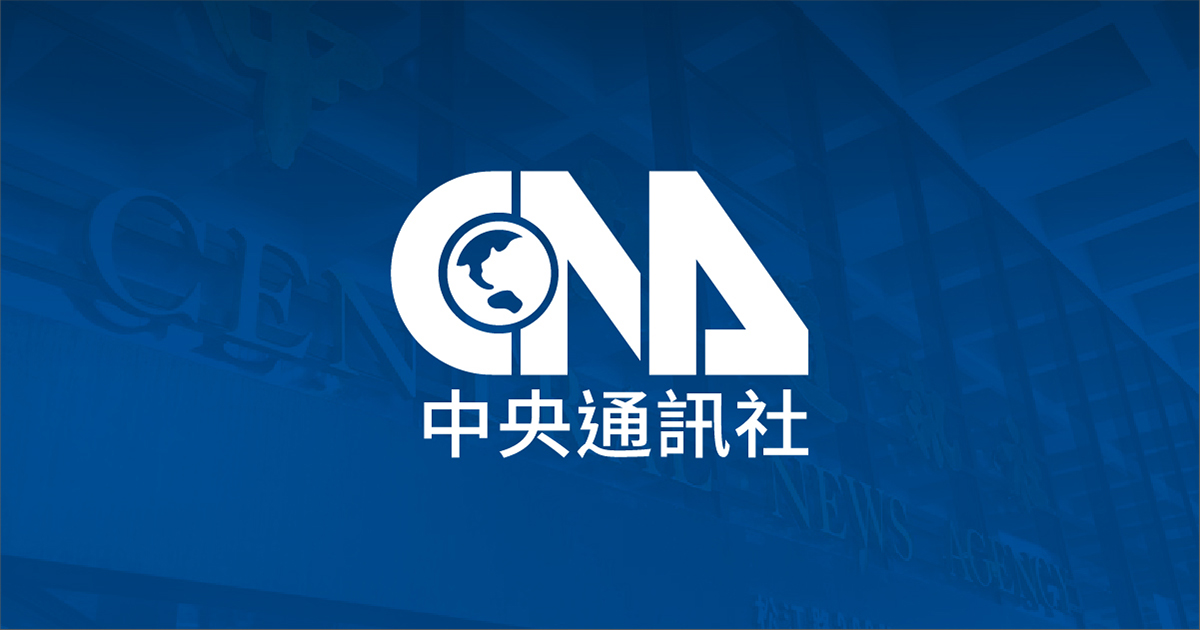With 5 seats in the Legislative Yuan, NPP was the third largest party, until a couple of weeks ago, when NPP imploded out of the blue. With one legislator caught abusing her privileges, and two other who left the party due to schism within the party.
The media would claim that the schism is between those who want to become a wing of the DPP and those who want NPP to be a actual party with its own values.
In reality, the schism is over those party founders who seek to win local elections, and those who have the pull to get on the party list and seek to gain enough party votes to get a legislator-at-large seat.
Due to Taiwan using the first-past-the-post voting rule, and having a decreased number of legislative seats compared to the past, it is extremely difficult for small parties to survive. First-past-the-post voting rule tends to promote partisan politics, and for the two major parties to go more and more extreme, especially when there are issues that can override all other policies, such as religion, and in Taiwan’s case, the survival of the nation.
For those running for a constituency, they need to have enough draw from pro-independence voters who are worried about Taiwan’s sovereignty. In order to do so, they need the support and cooperation from the DPP, which is what they have done in 2016. The most prolific members of this camp includes death metal singer turned legislator, Freddy Lim, and Hung Tzu-yung.
For those wishing to gain a legislator-at-large seat, they need to distinguish their positions from the DPP, so that more people would have a reason to caste their party vote for the NPP. The most prolific member of this group and arguably the political star of NPP, Huang Kuo-chang.
So despite the fact that currently there is no other candidate more aligned with the NPP’s position on Taiwan’s national identity than the DPP and Tsai Ying-wen, a faction led by Huang refuses to clearly endorse a presidential candidate.
They have also attacked the DPP for not being left-leaning enough. The Tsai administration has suffered severe backlashes for their progressive agendas, such as labor reform, pension reform, and marriage equality. Many of those policies aims to address systematic issues that would cause serious issues down the road, however hurts the bottom line of many DPP supporters in the mean time.
So a faction of conservative DPP members, led by William Lai tried to backtrack on some of these policies. Post the massive DPP defeat in 2018, this faction is basically calling the shots with in DPP, leading to washed down versions of the Farmland Factories Management Act, and the Housing Price Registration Act.
Those halfhearted “reforms” plus a scandal involving the secret service purchasing an illegal amount of cigarettes with China Airline on the return flight of President Tsai’s state visits became the rallying cries for Huang’s faction within NPP and KMT and Ko Wen-je supporters alike.
Trying to portray the DPP as corporate pawns or corrupt to the core is probably exaggerating the facts, which is also damaging for the relationship between the two once allies. The NPP legislators seeking to win at local elections wants the party to at least publicly endorse Tsai as president, to ease the pressure from their supporters.
Huang Kuo-chang on the other hand, who is currently the representative of Xizhi, decides not to run this time around. He will likely try to get on the party list, most likely at the 8th place. That means NPP would need way more party votes than 2016 for him to return to the Legislative Yuan. As such, he made repeated public statements in June and July, saying that he would leave the party of the party decides to be nothing more than a wing of the DPP.
Ideally these differences could be resolved in the NPP’s Policy-Decision Council meetings. Unfortunately, many council members aligned with Huang would not let these issues go to a vote, and prefer to leave party position ambiguous to avoid alienating supporters, which at this point shows some overlap with KMT and Ko supporters.
The indecision and a NPP scandal of their own caused Freddy Lim and eventually Hung Tzu-yung to leave the party. The party chairman Chiu Hsien-chih also quit for failing to bring members to a consensus.
Since Chiu stepping down as the party chair, one person, Taipei City Councilor Lin Liang-jun, have registered to run for the next party chair. However, legislator Hsu Yung-ming, a close ally of Huang Kuo-chang, is announced as the next party chair without a vote instead.
At this point NPP has essentially became a one man party. Even though Huang already stepped down as party chairman back in January, his allies seems to be able to control the discourse within party, despite not being an majority of the party.
It is sad to see a party of such high ideals disintegrate like this. The selection of the new party leader can hardly be called democratic.
I guess unless Taiwan adopts some form of preferential voting, like ranked voting or instant-runoff voting, small parties are destined to be no more than one man parties and fade into obscurity.





